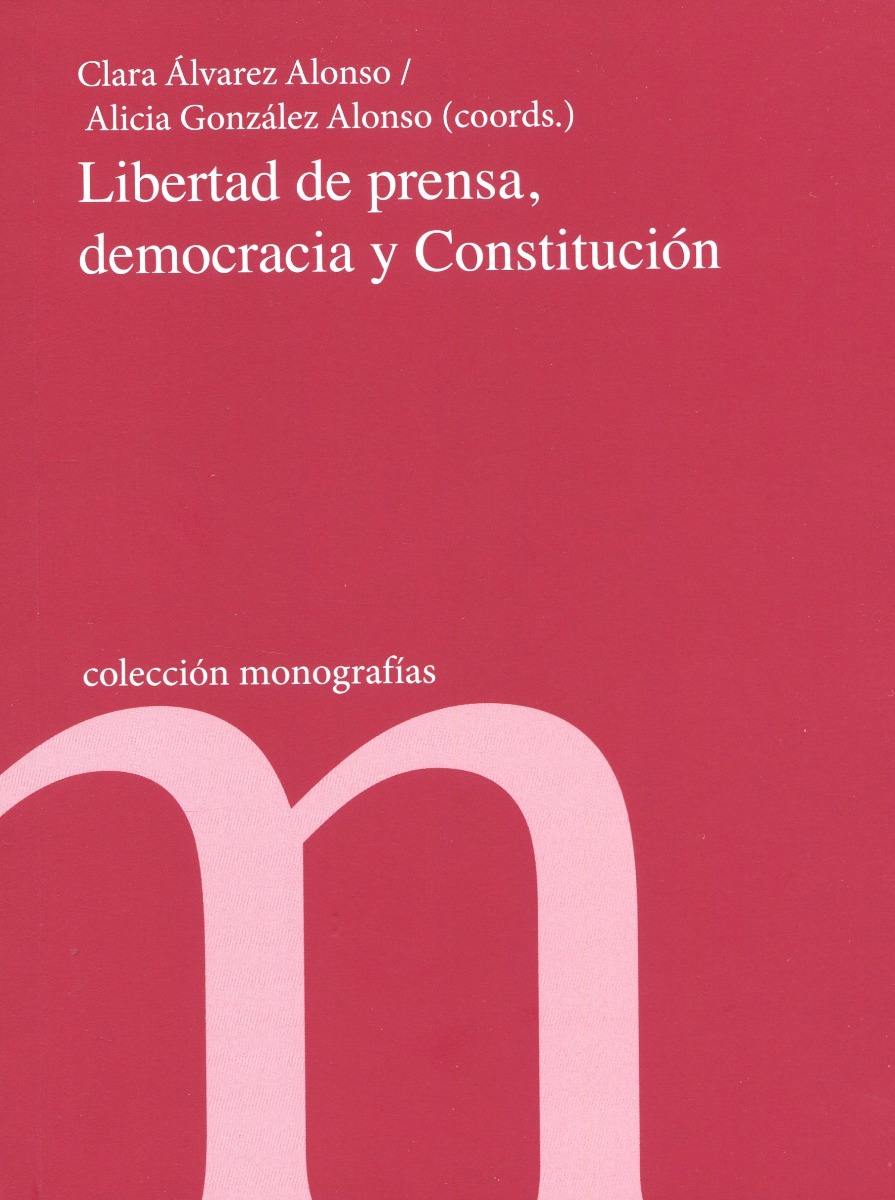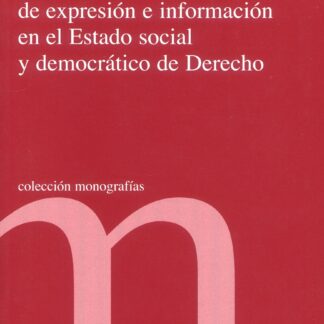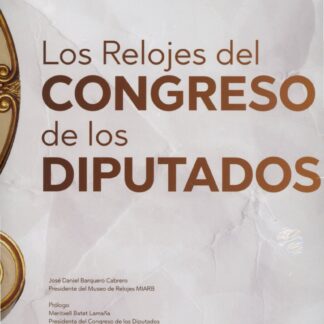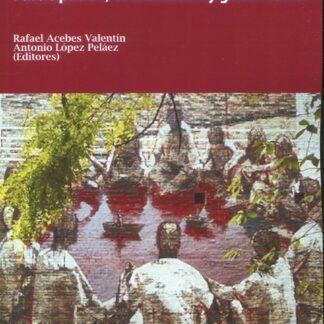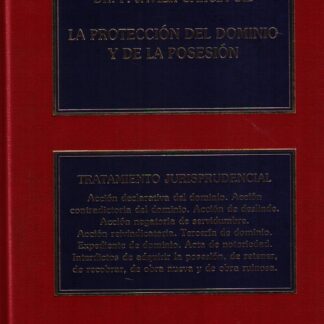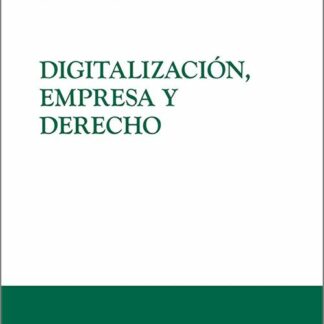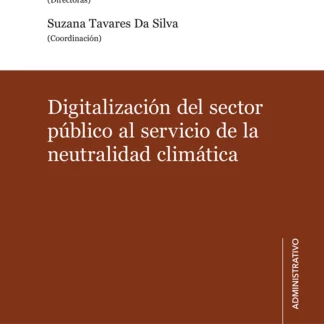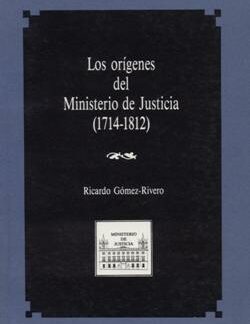Descripción
Las circunstancias en las que hoy en día se desarrolla la libertad de prensa han cambiado sustancialmente debido a una multiplicidad de factores que deben sr objeto de análisis sosegado. Y este es, precisamente, el propósito de este libro: abordar, desde diferentes perspectivas, la función que corresponde a la libertad de prensa como derecho imprescindible en el Estado democrático, así como indagar en los riesgos que, en las actuales sociedades, tratan de socavarla o ponerla en peligro, ya sea desde las injerencias del poder público, de perversiones en el ejercicio del periodismo o de otras instancias.
Todo lo anterior, sin perder de vista la función esencial que, para garantizar su ejercicio, realizan los órganos de carácter jurisprudencial nacionales e internacionales. Las coordinadoras del libro, Clara Álvarez Alonso y Alicia González Alonso, profesoras de la Facultad de Derecho de la Universidad Autónoma de Madrid, han querido contar para ello con cualificados especialistas, no solo de la academia, sino también de la judicatura y del periodismo, que han abordado los problemas actuales de la libertad de prensa desde distintas perspectivas
– Introduction
– Purposes
– Sources and Methods
– Tests
Part I. Envisioning Public Value
1. Managerial Imagination
The Town Librarian and the Latchkey Children
Public Managers and Public Management
An Alternative Approach to Public Administration
2. Defining Public Value
The Aim of Managerial Work
Different Standards for Reckoning Public Value
Municipal Sanitation: An Example
Toward a Managerial View of Public Value
3. Organizational Strategy in the Public Sector
William Ruckeishaus and the Environmental Protection Agency
Jerome Miller and the Department of Youth Services
Managerial Discretion and Leadership in the Public Sector
Defining Mission and Goals in the Private Sector
Defining Mission and Goals in the Public Sector
The Mission of the EPA: Pollution Abatement
The Mission of DYS: Humanizing the Treatment of Children
The Managerial Utility of Mission Statements
Evaluative Criteria for Organizational Strategies
Part II. Building Support and Legitimacy
4. Mobilizing Support, Legitimacy, and Coproduction: The Functions of Political Management
Miles Mahoney and Park Plaza
David Sencer and the Threat of Swine flu
Political Management: A Key Managerial Function
Who Is Important in Political Management
Combining Diverse Interests and Values
The Dynamics of the Authorizing Environment
The Challenge of Political Management
5. Advocacy, Negotiation, and Leadership: The Techniques of Political Management
Mahoney’s Initiatives
Sencer’s Initiatives
Evaluation
The Ethics and Techniques of Political Management
Entrepreneurial Advocacy
Managing Policy Development
Negotiation
Public Deliberation, Social Learning, and Leadership
Public Sector Marketing and Strategic Communication
Helping to Define and Produce Public Value
Part III. Delivering Public Value
6. Reengineering Public Sector Production: The Function of Operational Management
Harry Spence and the Boston Housing Authority
Lee Brown and the Houston Police Department
The Function of Operational Management
Defining Organizational Mission and Product
Redesigning Production Processes
Using Administrative Systems to Influence Operations
Innovating and Capitalizing
From Diagnosis to Intervention
7. Implementing Strategy: The Techniques of Operational Management
Spence: Rehabilitating Public Housing in Boston
Brown: Exploring the Frontiers of Policing
Reengineering Organizations: What Strategic Managers Think and Do
Acting in a Stream
– Conclusion: Acting for a Divided, Uncertain Society
– Ethical Challenges of Public Leadership
– Psychological Challenges of Public Leadership
Notes
Index
Mark H. Moore is Hauser Professor of Nonprofit Organizations at the Harvard Kennedy School of Government and Herbert A. Simon Professor of Education, Management, and Organizational Behavior at the Harvard Graduate School of Education. He has also been a Visiting Professor of Business Administration at Harvard Business School.

